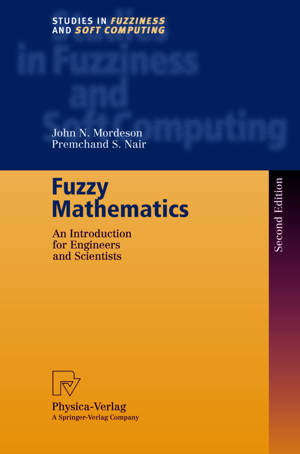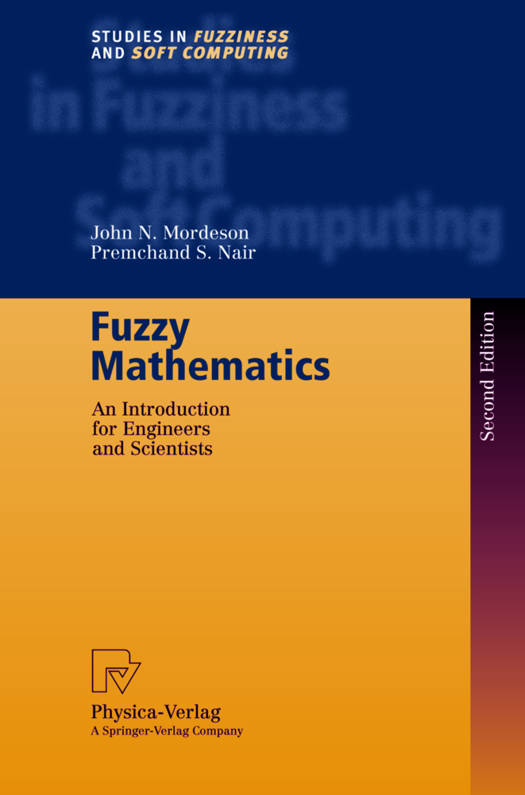
Bedankt voor het vertrouwen het afgelopen jaar! Om jou te bedanken bieden we GRATIS verzending (in België) aan op alles gedurende de hele maand januari.
- Afhalen na 1 uur in een winkel met voorraad
- In januari gratis thuislevering in België
- Ruim aanbod met 7 miljoen producten
Bedankt voor het vertrouwen het afgelopen jaar! Om jou te bedanken bieden we GRATIS verzending (in België) aan op alles gedurende de hele maand januari.
- Afhalen na 1 uur in een winkel met voorraad
- In januari gratis thuislevering in België
- Ruim aanbod met 7 miljoen producten
Zoeken
€ 167,95
+ 335 punten
Uitvoering
Omschrijving
In the mid-1960's I had the pleasure of attending a talk by Lotfi Zadeh at which he presented some of his basic (and at the time, recent) work on fuzzy sets. Lotfi's algebra of fuzzy subsets of a set struck me as very nice; in fact, as a graduate student in the mid-1950's, I had suggested similar ideas about continuous-truth-valued propositional calculus (inffor "and", sup for "or") to my advisor, but he didn't go for it (and in fact, confused it with the foundations of probability theory), so I ended up writing a thesis in a more conventional area of mathematics (differential algebra). I especially enjoyed Lotfi's discussion of fuzzy convexity; I remember talking to him about possible ways of extending this work, but I didn't pursue this at the time. I have elsewhere told the story of how, when I saw C. L. Chang's 1968 paper on fuzzy topological spaces, I was impelled to try my hand at fuzzi- fying algebra. This led to my 1971 paper "Fuzzy groups", which became the starting point of an entire literature on fuzzy algebraic structures. In 1974 King-Sun Fu invited me to speak at a U. S. -Japan seminar on Fuzzy Sets and their Applications, which was to be held that summer in Berkeley.
Specificaties
Betrokkenen
- Auteur(s):
- Uitgeverij:
Inhoud
- Aantal bladzijden:
- 314
- Taal:
- Engels
- Reeks:
- Reeksnummer:
- nr. 20
Eigenschappen
- Productcode (EAN):
- 9783790814200
- Verschijningsdatum:
- 7/09/2001
- Uitvoering:
- Hardcover
- Formaat:
- Genaaid
- Afmetingen:
- 162 mm x 240 mm
- Gewicht:
- 589 g

Alleen bij Standaard Boekhandel
+ 335 punten op je klantenkaart van Standaard Boekhandel
Beoordelingen
We publiceren alleen reviews die voldoen aan de voorwaarden voor reviews. Bekijk onze voorwaarden voor reviews.








